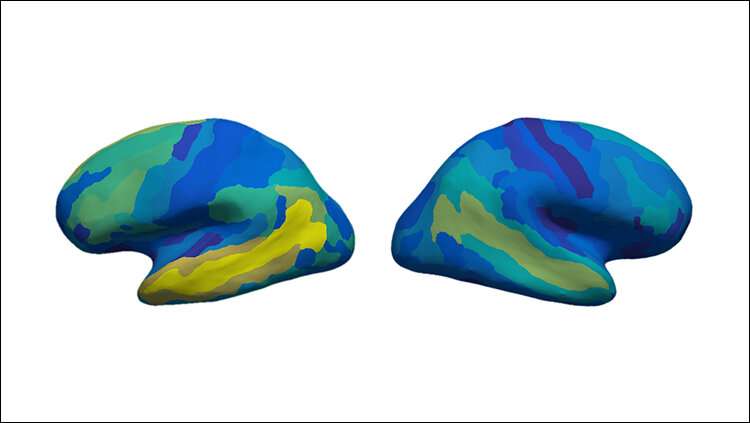09.30.19
How meaning is represented in the human brain

Representations reflecting non-linguistic experience have been detected in brain activity during reading in study of healthy, native English speakers published in JNeurosci. The research brings us one step closer to a more complete characterization of human language.
Words and their relationship to one’s experience are thought to be combined in the brain to enable understanding of a sentence’s meaning.
Building on prior models using word co-occurrence statistics, Anderson et al. now show that integrating experiential information into previous models improves decoding of patterns of neural activity associated with meaning as participants read short sentences.
Source: Read Full Article


